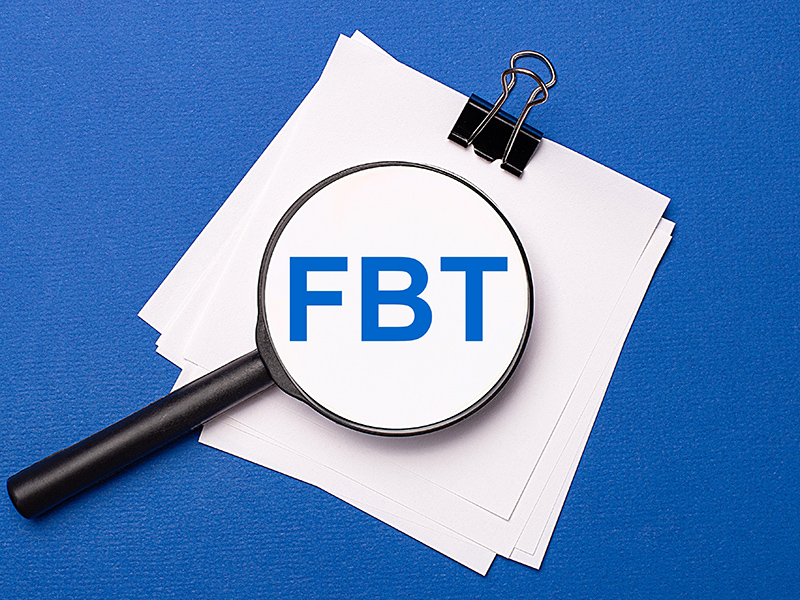
Changes to Personal Services Income rules
The Australian Tax Office (ATO) has released a new taxation ruling (TR 2022/3) which considers the application of the personal services income (PSI) rules. The new ruling combines two previous tax rulings and provides the ATO’s finalised guidance on the concepts of personal services income and personal services businesses (PSB).
The changes from TR 2022/3
The personal services income rules have been in place since 1 July 2000, and operate to ensure individuals cannot reduce their personal income tax by alienating their income through the use of a personal services entity (PSE) such as a company, partnership or trust. The rules were previously governed by two separate tax rulings that have now been repealed: Tax Ruling 2001/7 provided definitions of what the ATO considers to be considered as personal services income, and Tax Ruling 2001/8 that provided definitions of what constitutes a personal services business. Although there hasn’t been any significant changes to the law, Tax Ruling 2022/3 combines the concepts discussed in the previous tax rulings, and solidifies the ATO’s treatment of personal services income.
What is personal services income?
PSI is defined as income that results predominately from an individual’s personal efforts or skills including salary and wages, labour hire contracts, and consulting income earned from the individual applying their expertise. If more than 50% of the income received under a particular contract is for the personal efforts or skills of the individual, then the entire contract is considered to be PSI. Furthermore, the business structure is irrelevant when it comes to PSI, and the rules will equally apply where PSI is being earned through personal services entity such as a company or trust.
The PSI rules affects many industries including finance professionals, IT consultants, engineers and medical practitioners.
How do the personal services rules work?
Where income is considered to be PSI, and earned through an entity such as a company or trust, it is attributed to the individual, and taxed at marginal tax rates. Furthermore, allowable deductions are generally limited to that of an individual employee, meaning there may be some business deductions denied such as payments to associates for non-principal work performed.
To avoid the PSI rules from applying, the PSE must either qualify to be carrying on a personal services business (PSB), or have the income paid to the individual as a salary or wages.
What is a personal services business?
For a business be considered as a PSB, and not be subject to the attribution rules, the business must either meet the results test or pass the 80% rule.
Results Test: To pass the results test, for at least 75% of the PS earned, the business will need to meet all three of the below:
- Individual is contracted to produce a specific result
- Individual is required to provide own equipment or tools (if required)
- Individual is liable to cover the costs of rectifying any defects in the work.
If all three components of the results test are not met, the results test will not be passed, therefore the 80% test must be considered.
80% test: To pass this test, 80% or more of total income received in the income year must not come from one client, or the clients associate. If passed, the PSE must then also pass of the below tests:
- Unrelated Clients Test – the PSE has two or more unrelated clients, and the work has been obtained by making offers directly to the public
- Employment Test – The PSE must either employ another party to perform at least 20% of the principal work, or employ one or more apprentices for at least 6 months of the income year.
- Business Premises Test – the PSE has a separate business premises that is physically separate from both the private residence of the individual, and client’s premises.
If the PSE fails both the results test and 80% test, the only option to avoid the attribution rules is to obtain an ATO determination that the business qualifies as a PSB.
If you think you may be affected by the PSI rules, please contact AFS on (03) 5443 0344 or email afs@afsbendigo.com.au for a discussion on how the rules apply to your situation.



